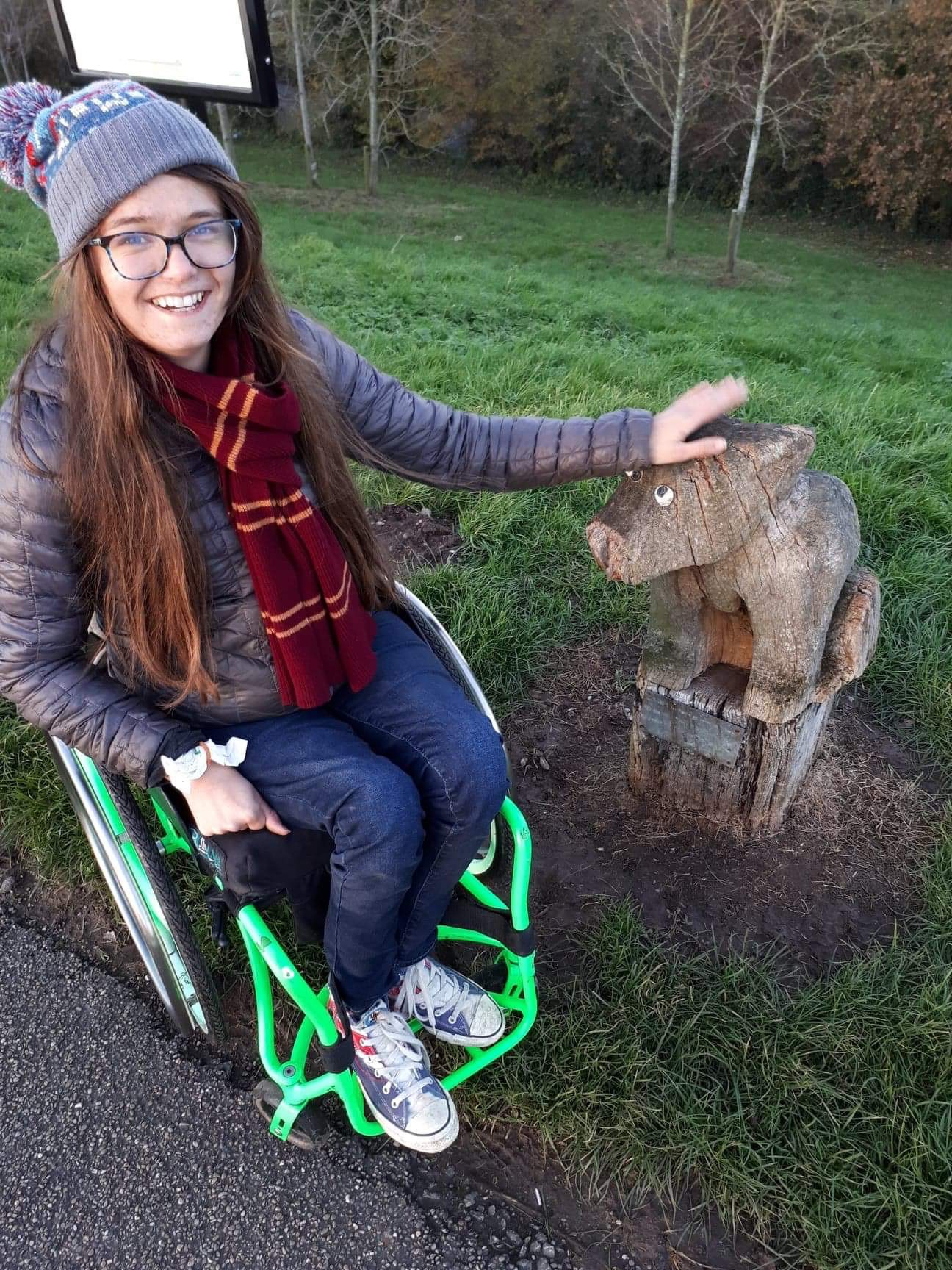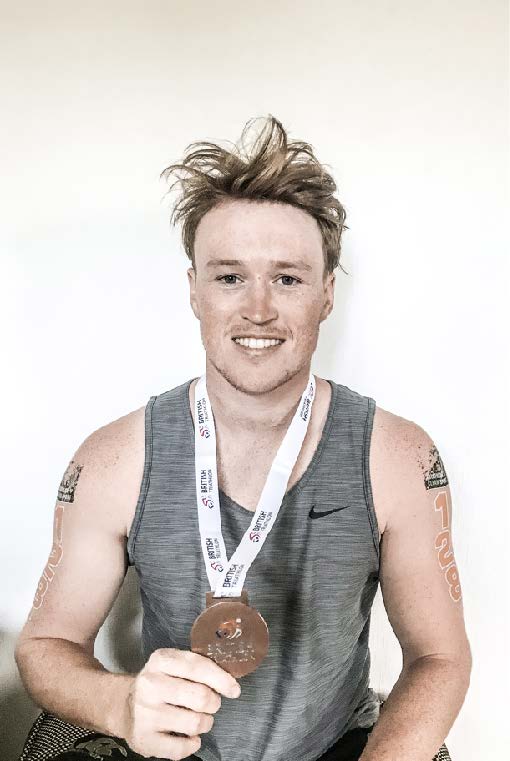Wheelchairs and unsolicited touching: Help or hindrance?
A recent news article featured on the BBC’s Ouch section told the story of Bronwyn Berg, a wheelchair user who became so fed-up with people manhandling her without asking, she put spikes on her wheelchair.
Frightening
Ms Berg, who has used a wheelchair since she suffered an acquired brain injury five years ago, added metal spikes to the handles of her chair to make it harder for people to take control of her after a particularly frightening incident in which a man she did not know came up behind her and starting pushing her along the street. Despite Ms Berg’s screams for help, no one came to her assistance.
The Canadian told the BBC that her wheelchair is an extension of herself and therefor if someone grabs it, it's tantamount to someone grabbing hold a part of her body.
Ms Berg’s partner, Hal, created the spikes himself - which are not sharp enough to puncture the skin - following the incident, after it became apparent that she would get anxious whenever she heard footsteps approaching.
And Ms Berg is not alone, being touched or grabbed by a stranger without consent or warning is, unfortunately, still an all-too-common experience for many disabled individuals. Although some people believe they are simply being helpful with their actions, an invasion of personal body space can be frightening.
Just ask, don't grab
In 2018, Dr. Amy Kavanagh – who is visually impaired – began tweeting about her experiences as a new white cane user out in public, after people began grabbing her, thinking they were being helpful. After others got in touch to say they have had similar experiences, Amy created the hashtag #justaskdontgrab as a way for other disabled people to share their experiences with one another and the campaign has raised awareness of acceptable approaches to help, with non-disabled people also using the hashtag to demonstrate what they’ve learned.
As serious injury solicitors who specialise in handling Spinal Cord Injury and Brain Injury claims, we decided to speak to a number of our clients who are wheelchair users and find out about their experiences with strangers and their unsolicited ‘manhandling’…
Laura

Laura, 26, from Manchester was diagnosed with Scoliosis (a sideways curvature of the spine) aged ten. During surgery at the age of 11, the blood supply to Laura's spinal cord was cut off and she sustained a complete spinal cord injury at the T2/T4 level, resulting in paralysis. She has used a wheelchair ever since. Laura recalls one occasion when she was much younger in which an elderly woman used her wheelchair to lean on when waiting at a crossing.
Laura also describes a very similar incident to that of Ms Berg, in which she was pushing herself up Oxford Road in Manchester city centre, when suddenly she began travelling up the street at speed. Upon turning around, Laura was alarmed to find a man - completely unknown to her - had took it upon himself to ‘assist’ her. When she asked what he was doing, Laura said the man seemed to take offence and became agitated with her, raising his voice to say, ‘I’m only trying to help’.
“He might think he was helping me, but imagine he had gone up to someone who was not in a wheelchair and did the same thing? Just started pushing them along the street. They would not be happy with what was happening to them – and neither was I!”
On another particularly distressing occasion, Laura was on a night out with friends when a man approached her in the middle of a club and asked her to dance with him:
“I said no - but he grabbed my chair and told me ‘you’re staying here until I get a dance’ – it was horrible, I felt trapped.”
Josh

On the other hand, another wheelchair user Josh Landmann – who suffered a spinal cord injury after diving into a swimming pool in 2014, resulting in partial paralysis – claims he has rarely experienced any form of unwanted touching of his wheelchair since he began using it in 2014.
Josh says that strangers will offer their assistance but rarely force this on him. He added that for instance, when at the swimming pool, if there is a lifeguard on duty who he is unfamiliar with, they will often check he is okay getting in and out of the pool by himself, or if he needs to use the hoist that is available. People will also often offer to help him when he is getting back into his wheelchair after using the various equipment in the gym, of which he is a frequent visitor.
Josh said:
“At the end of the day, people are mostly just trying to help. You don’t know their situation, and they don’t know yours. If someone was to manhandle me though, which thankfully has not happened, I can imagine how frustrating that would be.”
Ruth Wright, Partner and Head of Court of Protection here at Potter Rees Dolan, comments:
For many of our clients, their wheelchair or other disability aid is vital way of gaining independence after a life changing injury. Most people want to help and are well intentioned but they should ask permission before they intervene physically, whether that is pushing someone’s wheelchair, patting a guide dog or taking someone’s arm to help them across the road. There are many times when disabled or frail people will really appreciate some help but there are also times when that “help” is disabling rather than enabling, and on occasions it may amount to an assault.
To read others’ stories, or reach out for support, look up the hashtag #JustAskDontGrab on Twitter.
